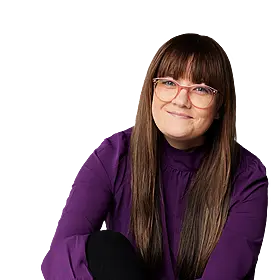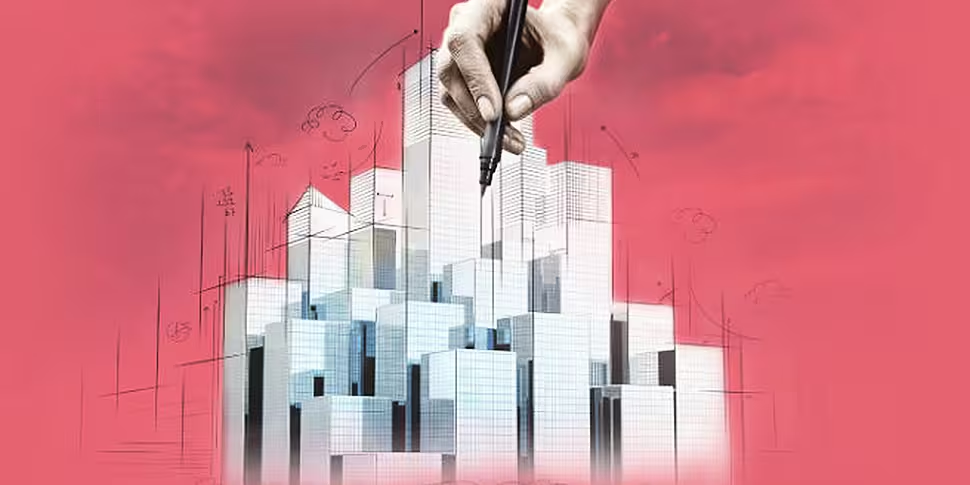On the NPR TED Radio Hour Sunday 17th of January at 6.05pm
Cities are among our greatest experiments in human co-habitation. Do they also hold the answers to some of our biggest problems?
Mapping apps find the fastest route. But what are you missing along the way? Researcher Daniele Quercia describes how "happy maps" give you -not the most efficient - but the most beautiful route.
By taking a different route one day on his travels to work, it changed Daniele’s whole journey for the sake of an extra minute on his commute. He discovered how he could use the power of data to focus less on efficiency.
Political theorist Benjamin Barber argues that cities and city mayors are the key to bypassing political gridlock and solving many of our global challenges.
He says cities are the key to building better democracies. He explores - what makes cities better?
Atlanta Mayor Kasim Reed says mayors are in a position to accomplish a great deal because they're from the neighborhood - they can see the city the way "people who are most in need of help see it.'
Fast-growing cities in the global south are often riddled with violence, drug trafficking and unemployment. Security researcher Robert Muggah explains how some of these cities are using new approaches to address these problems.
Muggah explains how fast-growing cities are finding innovative ways to thrive in the face of crime and corruption.
For Amanda Burden, a city is defined by its public spaces. The former city commissioner of New York City explains why a promenade, a park, even a park bench, are vital to a city's ability to serve its residents.









